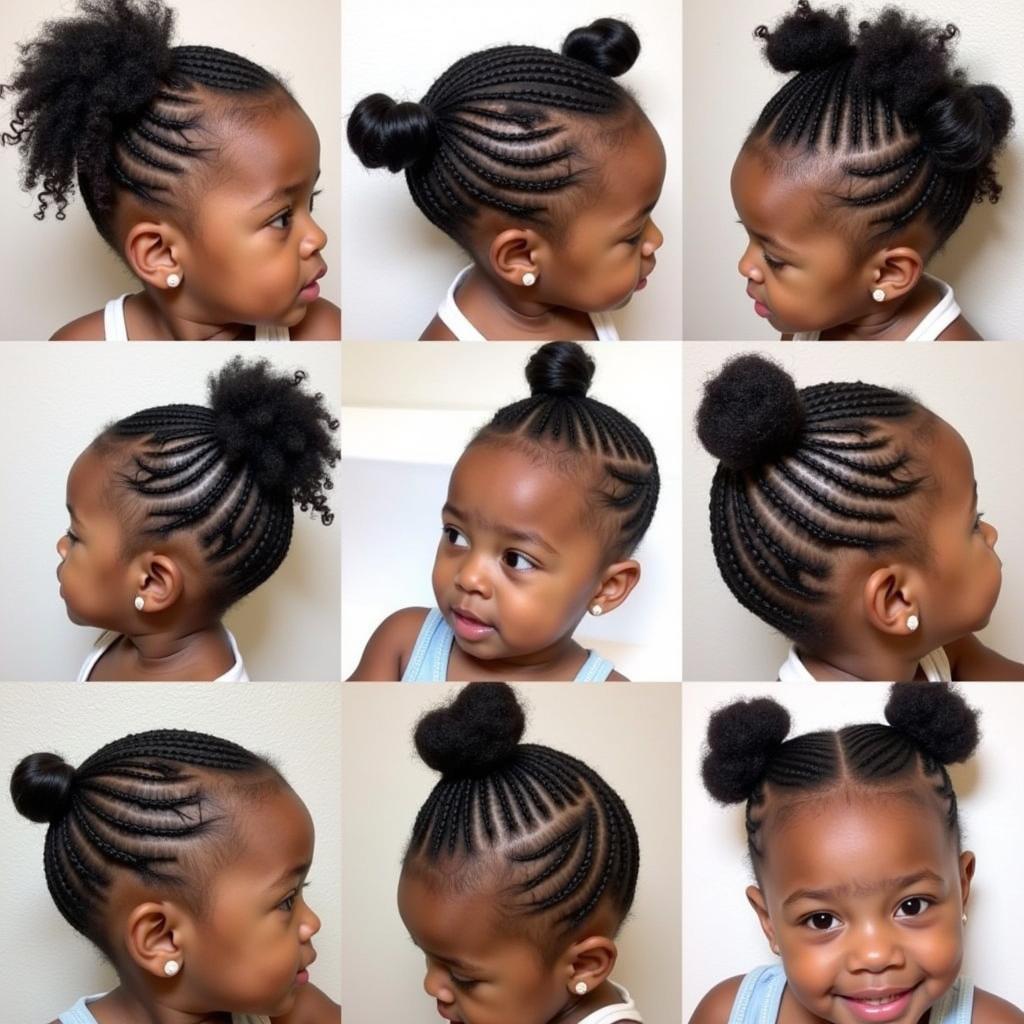Finding an African American PCP Near Me: A Guide to Culturally Competent Care
Finding an African American primary care physician (PCP) near you is about more than just proximity; it’s about prioritizing culturally competent care that addresses your unique health needs and experiences. This guide explores the importance of this connection and provides practical tips for finding the right PCP for you.
Why Finding a Culturally Competent PCP Matters
For many African Americans, having a PCP who understands their cultural background can lead to improved health outcomes. Shared cultural experiences can foster trust and open communication, leading to more accurate diagnoses and better treatment adherence. This understanding can be particularly crucial when addressing health disparities that disproportionately affect the African American community, such as high blood pressure, diabetes, and certain types of cancer.
Navigating the Search for an African American PCP
Finding the right PCP requires a proactive approach. Start by leveraging online directories specifically designed to connect patients with culturally competent healthcare providers. These directories often allow you to filter by race, ethnicity, language, and other criteria.
Don’t underestimate the power of your personal network. Reach out to friends, family members, and community organizations for recommendations. They can offer valuable insights and firsthand experiences with local physicians. Additionally, professional organizations like the National Medical Association (NMA), which represents African American physicians and patients, can be excellent resources for referrals.
What to Look for in an African American PCP
Beyond cultural competency, there are other essential qualities to consider when choosing a PCP. Look for a physician who is board-certified in their specialty, indicating they have met rigorous standards for training and expertise. Consider their communication style and whether you feel comfortable discussing sensitive health issues with them.
Furthermore, consider practical factors like office location, insurance acceptance, and office hours. These logistical details can significantly impact your ability to access consistent care.
How Insurance Plays a Role
Understanding your insurance coverage is crucial. Check your plan’s network of providers to ensure the PCP you choose is covered. This will help you avoid unexpected out-of-pocket costs.
Questions to Ask a Potential PCP
Don’t hesitate to ask potential PCPs questions about their experience treating patients from diverse backgrounds. Inquire about their approach to addressing health disparities and how they incorporate cultural understanding into their practice.
“Culturally sensitive care is not just about shared ethnicity, but also about a doctor’s willingness to listen, understand, and respect a patient’s individual beliefs and experiences,” says Dr. Anika Johnson, MD, a family physician in Atlanta. “This fosters a strong doctor-patient relationship, which is essential for positive health outcomes.”
Conclusion: Your Health, Your Choice
Finding an African American PCP near you who understands your cultural background can be empowering. It’s a step towards proactive healthcare and building a strong partnership with a physician who prioritizes your unique needs. Remember, finding the right PCP is a personal journey, and it’s essential to find a physician you trust and feel comfortable with. Taking the time to research and ask questions will lead you to the culturally competent care you deserve.
FAQ
- How can I find a list of African American PCPs in my area?
- What are the benefits of having a culturally competent PCP?
- Are there online resources that can help me find an African American PCP?
- What questions should I ask a potential PCP about their cultural competency?
- How does insurance coverage affect my choice of PCP?
- What are some common health disparities affecting the African American community?
- What other qualities should I look for in a PCP besides cultural competency?
“It’s vital to remember that cultural competency is not a static quality, but a continuous process of learning and growth,” says Dr. Kwame Nkrumah, a renowned cultural health expert. “Physicians who are committed to this journey are best equipped to serve the diverse needs of their patients.”
For further assistance, contact us at Phone Number: +255768904061, Email: kaka.mag@gmail.com or visit our address: Mbarali DC Mawindi, Kangaga, Tanzania. We have a 24/7 customer service team.
